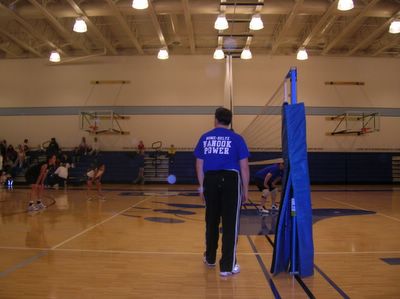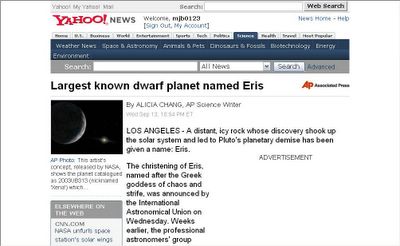Eskimo Heritage Reader 15
Legends and Stories from ShishmarefThe Dancing SkeletonOnce when my father was a child, some Wales people came to Shishmaref. They came to dance, but also to fight. My father was told to stay home that evening. He should not follow the men or watch the dancing. But the children went outside to play anyway.
It was a calm and windless night. Across the lagoon from Shishmaref, the dancing music could be heard. There were graves near the tents, near where the children were playing. As they wrestled on the ground, they looked up at the graves. On top of one grave sat a skeleton. Then the dancing beat started up. The skeleton began to move to the beat, following the drum by moving its neck. Back and forth it moved its head to the beat.
My father saw this and said it was so.
A Battle StoryMy father told me that our people did not always get along with Igloo people. They fought each other for as long as anyone could remember. One time a man from Shishmaref was hunting inland. He noticed some strangers coming towards the village. They looked like warriors, coming to fight. He ran to warn his people. The Shishmaref men gathered up their arrows and spears and went out to meet the Igloo men.
They met on the hill east of Ear Mountain. Without saying a word, they began to fight. The men from Shishmaref shot the Igloo men with arrows and lances, shot them even in their hearts. But the Igloo men did not die. Then, by accident, one of them was pinned on the toe. Right away, this Igloo man died. In this way, it was discovered that the Igloo warriors, with the help of their shamans, had relocated their hearts into their toes!
Mermaid Stories
The elders speak of mermaids, seen long ago. Sometimes a hunter, out in the ocean, would see a mermaid with long, long hair, sitting on an ice flow. There were mermen, too, with short hair and headbands of bleached sealskin.
Maybe in the fall, a hunter might catch a mermaid in his seal-net. Then he could ask for something, something delicious like beluga. Whatever he asked for, he could have. Other hunters would check their nets and butcher the seal they had. If a seal had only one kidney, they believed that was really a mermaid.
Once a young man was hunting seal on the spring ice. He saw a seal and began to stalk it. Slowly, he crept across the ice. But, when he took aim with his rifle, he saw that this one was part human. It was a mermaid! Quickly, the hunter backed away. He turned and began to run. The hunter was fast, but the mermaid soon caught up with him. Just as the mermaid reached the hunter, he turned his rifle backwards and shot it.
When he returned to the village, he told the people how he had shot a mermaid out on the ice. A group of men decided to go out and retrieve the body. There had been no wind that day. But suddenly a strong wind blew from the south and broke the ice away from shore. Maybe, they said, those mermaids have some kind of magical power.
So our ancestors did not bother the mermaids and today no one ever speaks about them.
by Morris Kiyutelluk of Shishmaref














